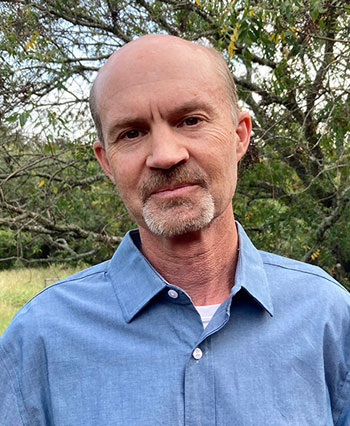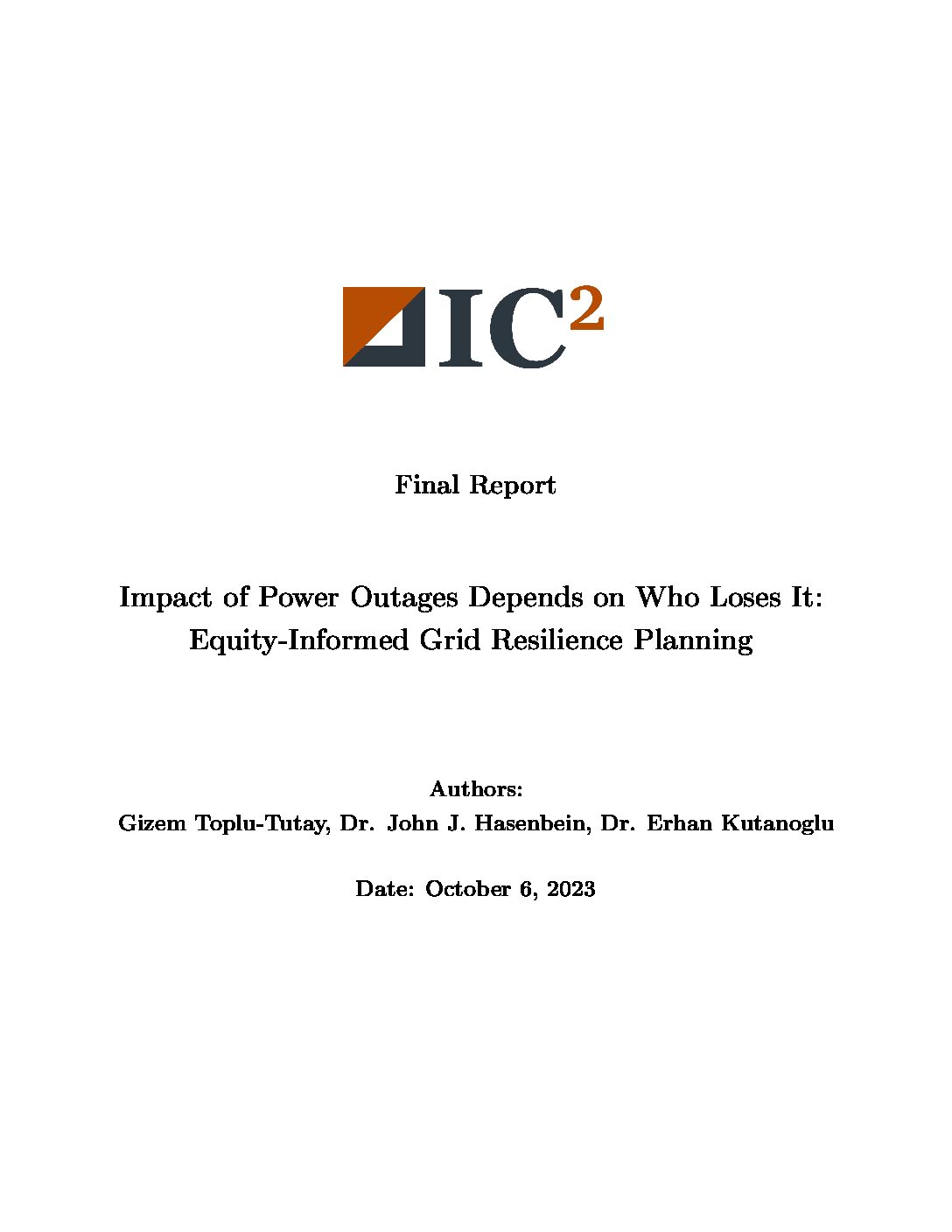
Addressing Structural Inequalities in Disaster-Induced Power Grid Outages
PROJECT DESCRIPTION AND OBJECTIVES
This study focuses on enhancing power grid resilience with a strong emphasis on social equity, particularly in the context of natural disasters. It seeks to address the disproportionate impact of disasters on disadvantaged communities and aims to integrate equity metrics into resilience planning. The insights generated by this research provide valuable guidance for policymakers, grid operators, and utilities striving to enhance the resilience and equity of the power grid. The research not only contributes to equitable power grid resilience but also offers practical solutions to address the challenges posed by climate change and natural disasters.
RESEARCH METHODS
The research employs a two-stage stochastic optimization model to mitigate hurricane-induced flooding, optimizing substation hardening and power flow decisions. The primary objective is to minimize expected load shedding and well-being loss for socially vulnerable communities affected by flooding while exploring the trade-offs between these objectives.
What distinguishes this research is the integration of realistic flood scenario generation, a large-scale synthetic power grid model, and various methodologies in resource allocation, community impact modeling, power flow analysis, and equity metric development. The findings emphasize the significance of a composite objective in reshaping power flow decisions, even without extensive substation hardening, to prioritize electricity provision and protect disadvantaged areas.
The research quantifies the equity and load-shedding benefits of substation hardening relative to the investment budget, highlighting the importance of strategic resource allocation. The focus on equity, while essential for safeguarding vulnerable populations, presents trade-offs, resulting in more power outages in non-vulnerable areas, thus underscoring the concept of diminishing returns.
Additionally, the research explores a justice model inspired by the government’s Justice40 initiative but finds it less effective than equity-informed models in preventing well-being loss.
Related Content
New Resilience Approach Offers Way to Achieve a More Equitable Power Grid

Impact of power outages depends on who loses it: Equity-informed grid resilience planning via stochastic optimization
journal articleResearch Team

John Hasenbein
Professor, June and Gene Gillis Endowed Faculty Fellowship in Manufacturing Systems Engineering, Department of Mechanical Engineering



